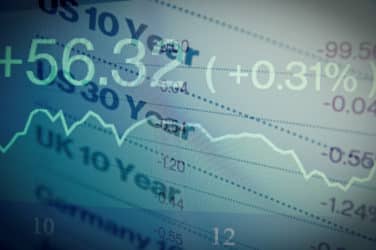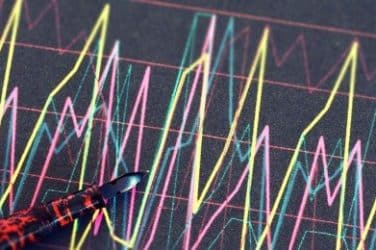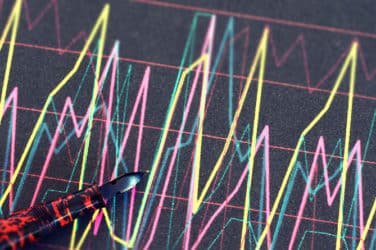
Hedge fund dispels some myths about fixed income and commodities trading.
If you’re a U.S. equities trader, you have a wide universe of trading venues in today’s markets: exchanges, ATSs (alternative trading systems), dark pools, ECNs (electronic communication networks), and of course, if you’re old-fashioned, a floor broker for those delicate trades.
It may seem that a push for higher-speed, lower-cost, and easier market transactions is among the global capital markets. Yet, even the most sophisticated and technologically advanced traders are hesitant to make the same human-to-electronic equity leap in other assets classes.
“The fixed income market is a different animal altogether from equities, because it requires relationships, credibility and trust. The people who trade fixed income understand that,” said Michael J. Levas, director of trading and founder of Olympian Capital, a multi-strategy, frequency, style, sentiment, and asset class Florida-based hedge fund with $100 assets million under management.
Cash equity traders that make moves based on market news, events or sentiment simply can’t necessarily apply their same tactics to the more convoluted bond market. It would seem that the move to go increasingly electronic may be upon most asset classes, with fixed income traders trailing the trend.
“The bond market is huge, and precedes the equities markets. In the last 6 months, the credit market reacted very differently to the European sovereign debt crisis, than the equity guys did,” Levas continued.
Olympian Capital also uses commodities, including futures and currencies, to generate alpha and hedge against tail risk. In terms of market access, Arun Kaul, Olympian’s chief investment officer takes comfort in a variety of vehicles available.
“We invest directly in the markets on the commodities side, but we also gain access to gold and silver through an ETF (exchange traded fund),” Kaul told Markets Media. “On the futures side, we are always looking to hedge when there’s higher correlation in the markets.”
Futures are traded entirely on a designated futures exchange.
However, due to its large size and scope, there are equity-like liquid facets of the bond market, dispelling a broad criticism that the bond market is highly untradeable, despite its cling to voice transactions. It is the market’s diversity that is key for Olympian.
“If you’re in the government bonds, or investment grade space, there is a ton of liquidity. Those are the most liquid bond markets in the world, especially the treasuries,” Levas said. “But when you start getting into more specific issuers, such as in the emerging markets, or small companies that hold yield bonds, the scenario changes.”





